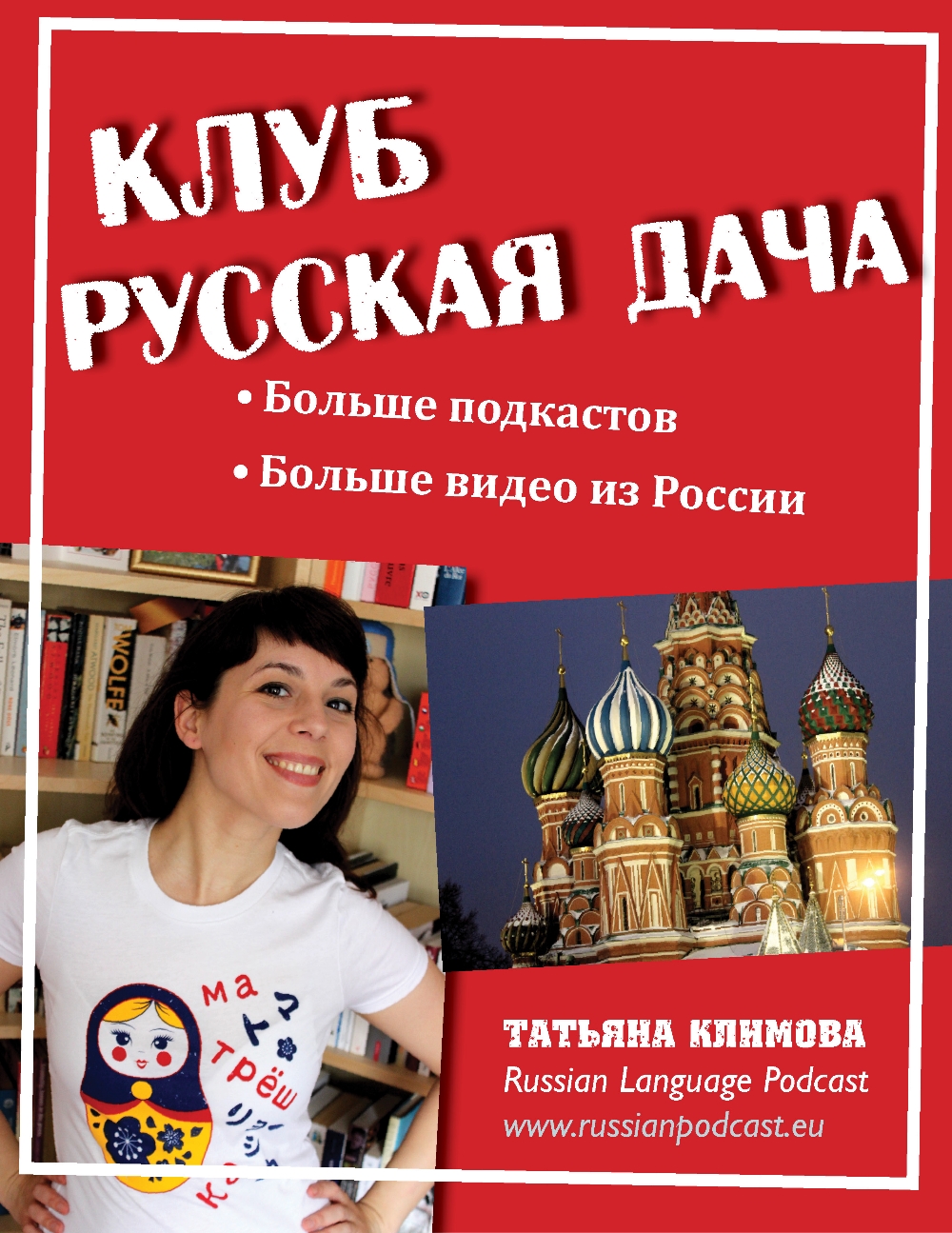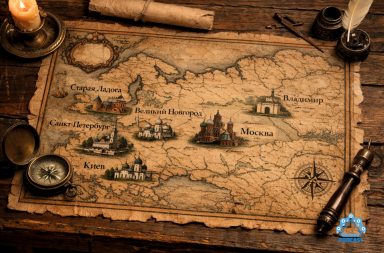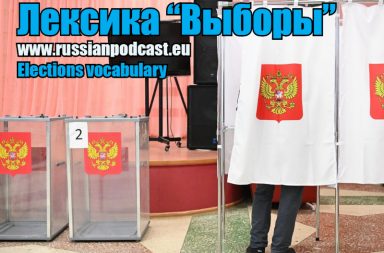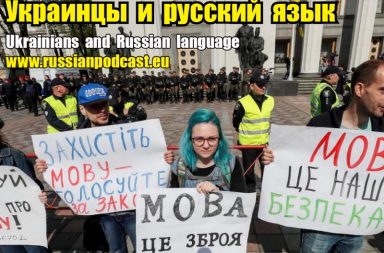Скоро будет два года с момента нападения путинской армии на Украину. Мои русские знакомые отреагировали на это по-разному. Кто-то уехал из страны (некоторые затем вернулись). Кто-то ходил на акции протеста и пострадал от полиции. Кто-то был в шоке, но постепенно смирился и сейчас старается вести нормальную жизнь, сохраняя внутреннее несогласие. Кто-то планирует отъезд. А кто-то смотрит телевизор и до сих пор верит, что российские войска воюют в Украине с фашистами.
В любом случае эта ситуация не оставила равнодушными почти никого. Многие из моих русских знакомых, живущих во Франции, не хотят больше ничего общего иметь с Россией и консервативными ценностями её правительства. А как изменилось моё отношение к стране, где я родилась и прожила до 18 лет?
It will soon be two years since Putin’s army attacked Ukraine. My Russian friends reacted to this differently. Some left the country (some then returned). Others went to protests and were hurt by the police. Some were shocked, but gradually came to terms with it and are now trying to lead a normal life, maintaining internal disagreement. Some are planning to leave. And some watch TV and still believe that Russian troops are fighting the fascists in Ukraine.
In any case, this situation left almost no one indifferent. Many of my Russian acquaintances living in France don’t want to have anything in common with Russia and the conservative values of its government. How has my attitude towards the country where I was born and lived until I was 18 changed?
Во-первых, стоит пояснить слово «страна». Мне кажется, чем абстрактнее слово, тем больше почвы для разногласий. Для кого-то страна – это её лидеры, для других – семья, для третьих – родной город. Я считаю, что опасно идентифицировать себя со страной и властями и воспламеняться каждый раз, когда мы слышим критику в её адрес. Если мы считаем, что мы – это наша страна, регион, лидер, нами легко манипулировать. На этом строится национализм
First, we should clarify the word “country.” It seems to me that the more abstract the word, the more grounds for disagreement it creates. For some people, “country” means its leaders, for others it is their family, for others it means their hometown. I believe that it is dangerous to identify ourselves with the country and the authorities, to become inflamed every time we hear criticism of it. If we believe that we are our country, region, leader, we are easy to manipulate. This is what nationalism is built on.
Почему мне нравилось ездить в довоенную Россию? Потому что я люблю свою семью, хотя и уже давно живу далеко от неё. Я люблю русский язык, мне нравится преподавать его и строить мостики между культурами. Поэтому быть в курсе того, что происходит в России, важно для меня. За последние 10 лет до начала войны Россия изменилась. Как мне казалось, к лучшему. Как я теперь понимаю, это случилось не благодаря властям, а несмотря на них. Когда они решили в один день разрушить все достижения многих лет, они это сделали.
Из-за санкций ездить в Россию стало труднее и дороже. Вместо четырёх часов на самолёте, добираться туда нужно несколько дней. На месте европейские банковские карты больше не работают.
Why did I like traveling to pre-war Russia? Because I love my family, although I have been living far from them for a long time. I love the Russian language, I like teaching it and building bridges between cultures. Therefore, being aware of what is happening in Russia is important for me. Over the last 10 years before the start of the war, Russia was changing. It seemed to me, for the better. As I now understand, this happened not thanks to the authorities, but despite them. When they decided to destroy all the achievements of many years in one day, they did it.
Because of the sanctions, traveling to Russia has become more difficult and expensive. Instead of a four-hour plane flight, it takes several days to get there. European bank cards no longer work locally.
А что же люди? С одной стороны, как я уже говорила в своём видео, несмотря на ложь, которая льётся на россиян из телевизора, они остаются людьми. Не маршируют по улицам с призывами поубивать украинцев, не приветствуют друг друга гитлеровским салютам. Люди смирились, как смирились бы и вы на их месте. Жизнь продолжается. В Москве и Питере рестораны и музеи открыты. Элиты не обеднели.
What about people? On the one hand, as I already said in my video, despite the lies that are poured on Russians from the channel 1, they remain human. They don’t march through the streets calling to kill Ukrainians, they don’t greet each other with Hitler salutes. People gave up, just as you would have given up in their place. Life goes on. In Moscow and St. Petersburg, restaurants and museums are open. The elites have not become poorer.
Но, по моим ощущениям, Россия отодвинулась назад и стала провинциальнее. У властей новые «друзья»: Китай, Африка, арабские страны. В этих отношениях нет ничего плохого. Но несут ли они те же ценности толерантности, что и западные страны? Меньше западных фильмов и книг, меньше туристов – всё это способствует замыканию России на себе. Даже в моей семье мне теперь приходится слышать фразы типа: «А вот у вас там, во Франции, писают на улице. А у нас так не делается». И это от человека, который обожает Париж и изучает французский.
But I feel that Russia has moved back in time and became more provincial. The authorities have new “friends”: China, Africa, Arab countries. There is nothing wrong with these friendships. But do they share the same values of tolerance as Western countries? Fewer Western films and books, fewer tourists, all this contributes to Russia bottling up. Even in my family, I now hear phrases like: “In France, they pee on the street. But we don’t do that here.” And this from a man who loves Paris and studies French.
Что же остаётся для меня от России, которую я только-только научилась любить? Конечно же, её язык, литература и надежда на изменения. После оскорблений, которые мне пришлось выслушать в адрес русских и русского языка, я люблю его ещё больше. И мне так же, как раньше, и даже сильнее, хочется делиться им с вами.
Спасибо, что читаете, слушаете и смотрите.
What remains for me of Russia, which I only recently learned to love? Of course, its language, literature and hope for change. After the insults that I had to listen to against Russians and the Russian language, I love this language even more. Just as much as before, and even more so, I want to share it with you.
Thank you for reading, listening and watching.








